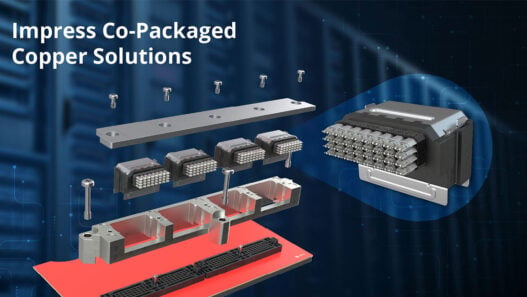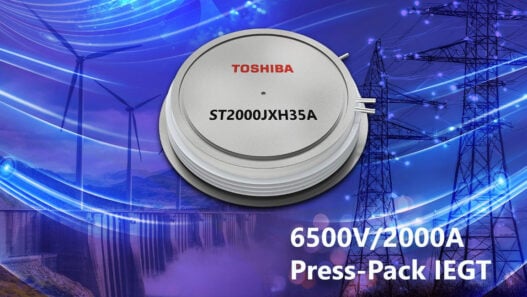“One of the best-known nanostructures is the lotus effect, as it occurs in the leaves of the lotus plant. Though this is not a coating, but the natural surface structure of the leaf, it explains very well how nanocoatings work,” explained Nico Coenen, Business Development Manager Electronics Market of Plasmatreat. The low wettability of a surface is known as the lotus effect, in which water rolls off the leaf’s surface and drips off as drops. Complex micro- and nanoscopic surface structures are responsible for these characteristics.
“The Openair PlasmaPlus process enables us to create such highly effective surface structures with different functionalities.”
To achieve this the plasma generated in the plasma jet is enriched with a precursor in order to apply an ultra-thin but strong functional layer to the surface. The properties achieved depend on the application and the matching precursor. The spectrum ranges from protective to barrier coating, insulation, adhesion and anti-corrosion coatings. The layer thicknesses are between 20 and 500 nm and are applied at an application speed of 3 to 10 m²/h.
“These functional surfaces have been used in the plastics industry for a very long time. For example, barrier coatings are applied in the packaging industry to protect food. Likewise, adhesion-promoting functional coatings can be applied for 2K injection molding. In electronics production, too, the focus is increasingly shifting to coating processes using PlasmaPlus,” continued Coenen.
Coating as a protective or insulation layer is of great interest to many electronics manufacturers because it protects the assembly against possible quality problems or damages that may occur in the later product lifetime. Particularly in the case of complex assemblies with a high degree of miniaturisation and packing density, coating by Openair-Plasma technology in conjunction with PlasmaPlus is an efficient process for treating entire assemblies or individually selected components.
Achieving the best possible product quality is one thing, proving it is another: reproducible process sequences, high system reliability, stable quality levels and data-supported automation are common process specifications. For this reason, all process parameters in Plasmatreat applications are monitored by the integrated process control Plasma Control Unit (PCU) and stored for traceability. For it is precisely in the case of safety-relevant assemblies that a more reproducible production process with seamless verification and documentation is particularly important.
Coenen continued: “The usage spectrum of PlasmaPlus applications is very broad in the electronics industry. It can be used, for example, for wire bonding, where the selective coating can prevent the epoxy bleed out, thus ensuring a secure connection between wire and pad. However, nanocoatings are also well suited for other demanding applications such as those in which electronics are exposed to a warm humid climate, spray water or salt mist, e.g. in maritime applications, in mining or even in tropical regions. But it doesn’t always have to be so exotic: when you think of the electronic housings in cars, for example, you notice that many control units are built into aluminum housings.
“In order to keep moisture out a hard gasket or a liquid gasket is applied. But even then, moisture can get into the electronics overtime. Here our nanocoatings have proven to be a great solution resulting in excellent moisture barriers. The nanocoatings can be applied precisely only to the sealing surfaces and, for example, can withstand tests of up to 960 hours of salt spray with common alloys. This saves time and material. In addition, our systems work inline, which greatly increases flexibility in production.”
In production, new product requirements are constantly emerging, but also requests for changes to existing processes. Here a Plasmatreat research group is supporting the development of completely new functional surfaces. The general conditions are the circumstances at the customer’s site, the materials in the production process and the environment in which the end product is used. The potential applications of PlasmaPlus technology are far from being fully utilised and can solve problems in completely new ways.







